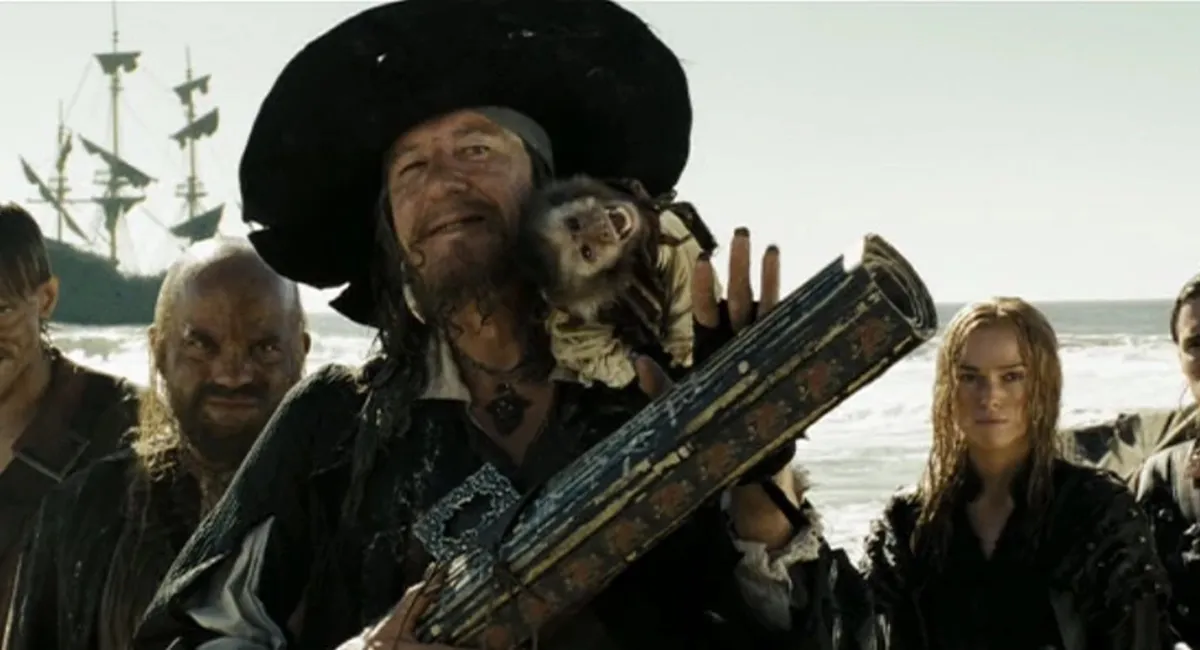Right now, digital sales for books are going up. Many are trying to read the newest titles, or classics, in order to keep their mind occupied during this trying time. One site, The Internet Archive, has changed its lending rules so that instead of one digital copy per reader for a 14-day period, many readers can borrow copies of the same book at the same time. However, pushback quickly came from authors who see this site, and its new policy, as just another form of piracy.
NPR has reported that many writers and publishers say the website has been sharing full digital copies of their books without permission. Authors like Colson Whitehead, Neil Gaiman, Alexander Chee, and Chuck Wendig spoke out about how the average authors already do not make much from book sales, and their other major way of promoting a book, through book touring, has been removed dude to the COVID-19 coronavirus.
The Author’s Guild made a statement online highlighting their issues with Internet Archive, especially in this current economic climate:
With mean writing incomes of only $20,300 a year prior to the crisis, authors, like others, are now struggling all the more—from cancelled book tours and loss of freelance work, income supplementing jobs, and speaking engagements. And now they are supposed to swallow this new pill, which robs them of their rights to introduce their books to digital formats as many hundreds of midlist authors do when their books go out of print, and which all but guarantees that author incomes and publisher revenues will decline even further.
“IA is using a global crisis to advance a copyright ideology that violates current federal law and hurts most authors,” they explained, addressing Internet Archive’s claim that it’s a library. “It has misrepresented the nature and legality of the project through a deceptive publicity campaign. Despite giving off the impression that it is expanding access to older and public domain books, a large proportion of the books on Open Library are in fact recent in-copyright books that publishers and authors rely on for critical revenue.”
The Internet Archive pushed back against depiction of their site and their mission statement. “We’re librarians. We’re not social media gladiators,” Brewster Kahle from the Internet Archive explained to NPR. “The best I can tell, [the critics of the system] just think what they see on social media, and they retweet it.”
Except, as Chuck Wendig explained to NPR, usually “authors and publishers do not generally have to submit those types of requests to libraries, which again suggests that this is not ‘business as usual,’ nor is it a library in the expected sense of the word.”
In the email Wendig sent to NPR, he explained that he was able to find and obtain a full digital copy of one of his books that the site did not have the right to distribute.
The Author’s Guild claims that the IA sends millions of books to China for illegal scanning and then lends those books as ebooks out to anyone who visits their site, which is in violation of copyright law. “Unlike a real library,” they say, “IA never bought or licensed the ebooks it distributes through its Open Library website.”
Libraries like the New York Public Library already offer ebooks, and that has slowly become the norm all around. There is no doubt that books are expensive, but unless there is some ethical reason as to why you wouldn’t want to support a particular author, getting books from your library is the best choice in a pinch like this.
We often talk about supporting artists. Well, authors count among them.
(via NPR, image Disney)
Want more stories like this? Become a subscriber and support the site!
—The Mary Sue has a strict comment policy that forbids, but is not limited to, personal insults toward anyone, hate speech, and trolling.—










Published: Mar 31, 2020 01:00 pm